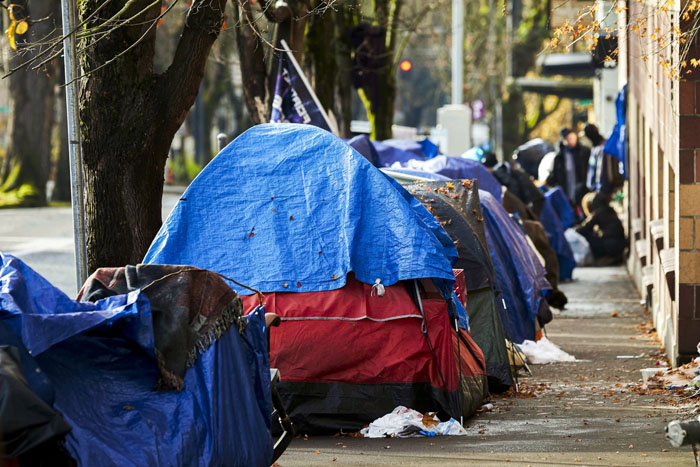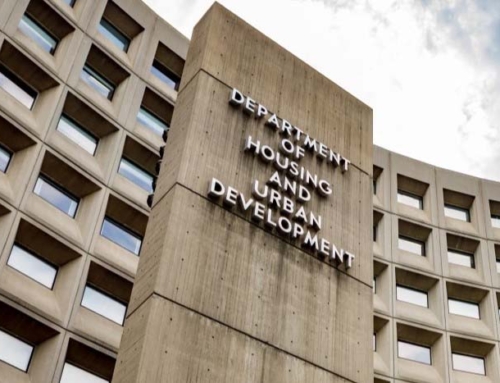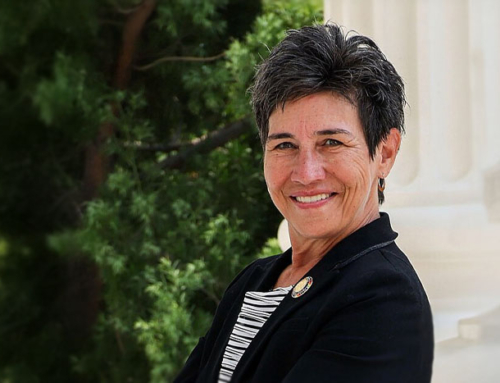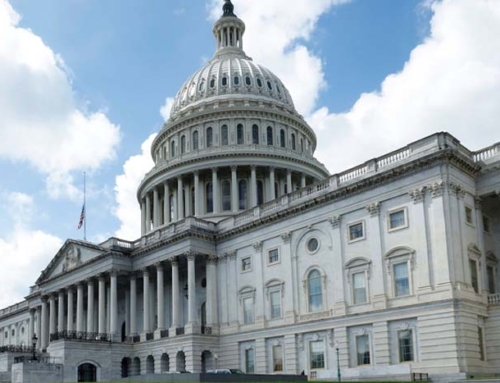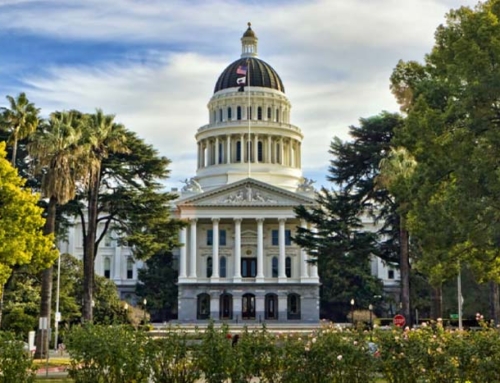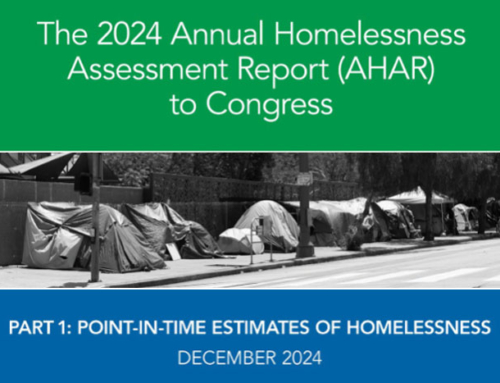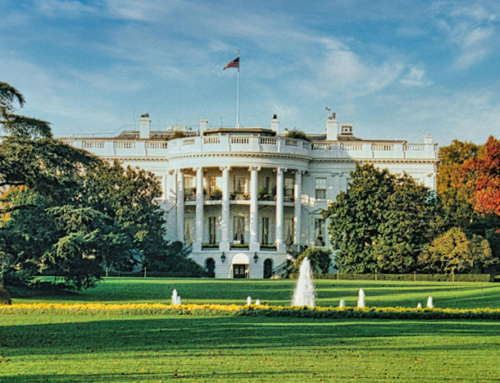The US and California Supreme Courts issued two opinions this month on key cases that will impact homeless encampment management and financing for housing and homelessness solutions. The US Supreme Court ruled, in a 6 – 3 decision, that an anti-camping ordinance passed by the City of Grants Pass, Oregon, v. Johnson, which enabled the city to clear homeless encampments, was not unconstitutional. This enables California cities to enact more ordinances to sweep homeless encampments and further criminalize homelessness. On the other hand, the California Supreme Court ruled that the Taxpayer Protection and Government Accountability Act ballot measure, which had qualified for the November ballot, was unconstitutional, removing a potential barrier for new taxes and fees, including for housing and homelessness solutions, to be approved at the ballot.
The US Supreme Court’s Grants Pass v. Johnson ruling allows jurisdictions, particularly those on the West Coast, to enact ordinances to arrest homeless campers when no adequate shelter exists. This decision overturns a prior influential 2018 Ninth Circuit Court of Appeals ruling, Martin v. Boise, that requires that jurisdictions show adequate shelter exists before enforcement occurs. The question before the Supreme Court was whether enforcing “generally applicable laws regulating camping on public property” constitutes “cruel and unusual punishment” prohibited by the Eighth Amendment. The courts rejected the claim that the Grants Pass ordinance punishments — “limited” fines and a maximum jail sentence of 30 days — constitute “cruel and unusual punishment” and that anti-camping ordinances banning people from camping when there is no shelter available essentially criminalize homelessness.
This decision risks reinforcing unsustainable responses to homelessness and shifts the burden of addressing homelessness to law enforcement, which could exacerbate the situation through temporary displacement to neighboring communities, increased policing and court costs, and additional trauma to those experiencing homelessness. Criminalization is especially pernicious in its impact on people of color, who are disproportionately represented among the homeless population. Instead, homelessness required cross-sectoral, structural solutions such as permanent housing and low-barrier services.
In more positive news, the California Supreme Court ruled at the end of May that a ballot measure regarding the Taxpayer Protection and Government Accountability Act aimed to change the voter threshold required for the approval of new taxes and fees cannot go before voters in November. This decision safeguards ballot measures approved after January 1, 2022, including LA’s United to House LA measure, the real estate transfer tax that funds affordable housing and tenant protections. This decision marks the first time in more than two decades that the Court has struck an initiative from the ballot following a full hearing.
The Court heard oral arguments for the case regarding the Taxpayer Protection and Government Accountability Act in early May. Brought forward by the California Business Roundtable, this ballot measure would have raised the voter threshold required for the approval of new taxes and fees and would have been retroactive, impacting any taxes, fees, and charges approved after January 1, 2022. The Governor and the Legislature contended that the California Business Roundtable proposal would so drastically weaken the powers of the state’s elected leaders that it would amount to a “revision” of the California Constitution. Local governments and other organizations came out in strong opposition, stating that the measure would have a major impact on State and local revenues and result in service cuts and other unacceptable outcomes.
In light of this decision, the California Business Roundtable indicated that it plans to put a narrower tax proposal before voters in 2026, potentially incorporating elements of this initiative. Meanwhile, Legislative Democrats confirmed that they will move forward with placing ACA 13 (Ward) on the ballot this November. Introduced to counteract the California Business Roundtable measure, ACA 13 would ask voters to require that any initiative seeking amendments be approved by the same proportion of voters the initiative is seeking to amend to. For example, if an initiative seeks to raise the voter threshold for taxes to 2/3rds of the voters rather than the current majority vote requirement, that initiative must be approved by 2/3rd of the voters.
As an additional measure, ACA 1 (Aguiar-Curry) has also qualified for the November ballot and seeks to lower the voter threshold for special taxes, including affordable housing and infrastructure bond measures, from two-thirds to 55%.
© LeSar Holdings/LeSar Development Consultants. All Rights Reserved. Please be advised that any republishing of copyrighted material provided by our organization, in whole or in part, requires prior written authorization. For permission, please reach out to [email protected]. We appreciate your understanding and compliance in upholding copyright laws.

